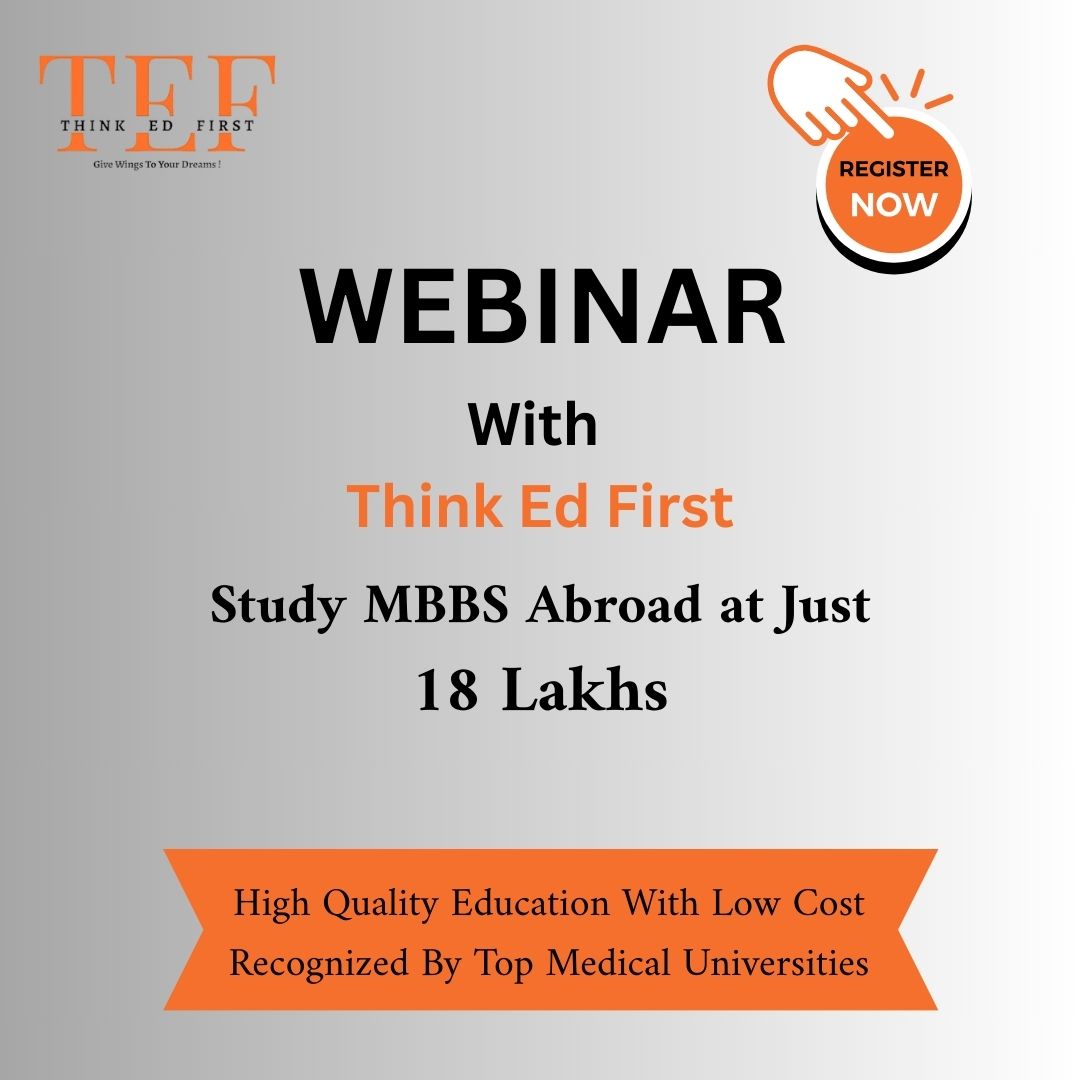Choosing the right path for a medical career is one of the most significant decisions a student can make. In India, the options are diverse but challenging—students can aim for a seat in a government medical college, opt for a private institution, or explore the increasingly popular route of pursuing MBBS abroad.
While each path offers its own benefits and drawbacks, the decision ultimately depends on various personal and professional factors. In this blog, we break down the pros and cons of each route to help you make an informed decision.
MBBS in India
Government Medical Colleges
✅ Pros:
- Lower Fees: Subsidized education makes government colleges more affordable for most students.
- Strong Academic Standards: Most government colleges maintain high standards in terms of curriculum, faculty, and training.
- Established Reputation: Many government colleges have decades of history and national recognition.
❌ Cons:
- High Competition: With only a limited number of seats and lakhs of applicants, getting into a government medical college is extremely tough.
- Limited Personal Attention: Due to high student intake and limited staff, personalized learning may not always be feasible.
Private Medical Colleges
✅ Pros:
- Modern Infrastructure: Many private colleges are equipped with the latest labs, libraries, and tech-enabled classrooms.
- Personalized Learning: Smaller batch sizes can lead to more one-on-one interaction with faculty.
- Specialized Courses: Some private institutions offer niche programs and global exposure.
❌ Cons:
- High Tuition Fees: Costs can range from ₹50 lakhs to ₹1 crore for a full course, creating financial stress for many families.
- Variable Academic Quality: The standard of education can vary widely between private colleges.
- Recognition Issues: Not all private colleges carry the same weight in terms of national or global recognition.
MBBS Abroad
✅ Pros:
- Cost-Effective: Many countries like Russia, Ukraine, Kyrgyzstan, and the Philippines offer MBBS at much lower costs compared to private Indian colleges.
- Globally Recognized Degrees: Degrees from WHO- and NMC-approved universities open doors for global opportunities.
- International Exposure: Studying abroad exposes students to new cultures, healthcare systems, and learning methods.
- Wider Opportunities: Many students go on to pursue PG or medical practice in countries like the US, UK, or Canada.
❌ Cons:
- Language Barriers: Some countries teach in local languages alongside English, which may pose challenges during internships or patient interactions.
- Degree Recognition in India: It’s essential to verify whether the foreign university is recognized by the National Medical Commission (NMC).
- Cost of Living: While tuition may be low, living expenses in countries like the US or UK can offset this advantage.
- Cultural Adjustment: Homesickness, dietary changes, and adapting to new customs can be difficult for some students.
Choosing the Right Option
There’s no one-size-fits-all answer. Here’s what to consider:
📊 1. Budget:
- Government colleges are the most affordable.
- MBBS abroad can be a cost-effective alternative to Indian private colleges.
- Factor in hidden costs like hostel, visa, insurance, and living expenses.
🎓 2. Academic Goals:
- Check faculty qualifications, student-teacher ratios, clinical exposure, and internship opportunities.
💼 3. Career Aspirations:
- If you plan to practice in India, ensure your foreign degree is NMC-approved.
- If you aim to settle or work abroad, look at the global ranking and license exam success rates (like USMLE, PLAB).
🌍 4. Personal Preferences:
- Do you thrive in structured environments or independent learning?
- Are you comfortable adapting to a new culture, climate, and language?
Final Thoughts
While government medical colleges in India remain the top preference due to affordability and prestige, the limited number of seats makes the competition incredibly tough. Private medical colleges offer modern infrastructure and resources but at a steep cost.
MBBS abroad offers a middle path—global exposure, reasonable tuition, and international degrees—but comes with its own set of challenges, including adaptation, degree recognition, and post-graduation planning.
Before making your choice, do thorough research, assess your personal and financial situation, and think long-term. Your medical journey is not just about getting a degree—it’s about building a meaningful, sustainable career in healthcare.





